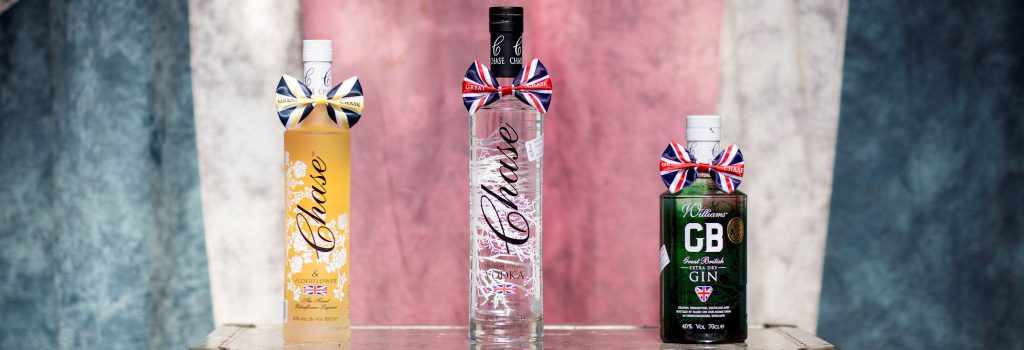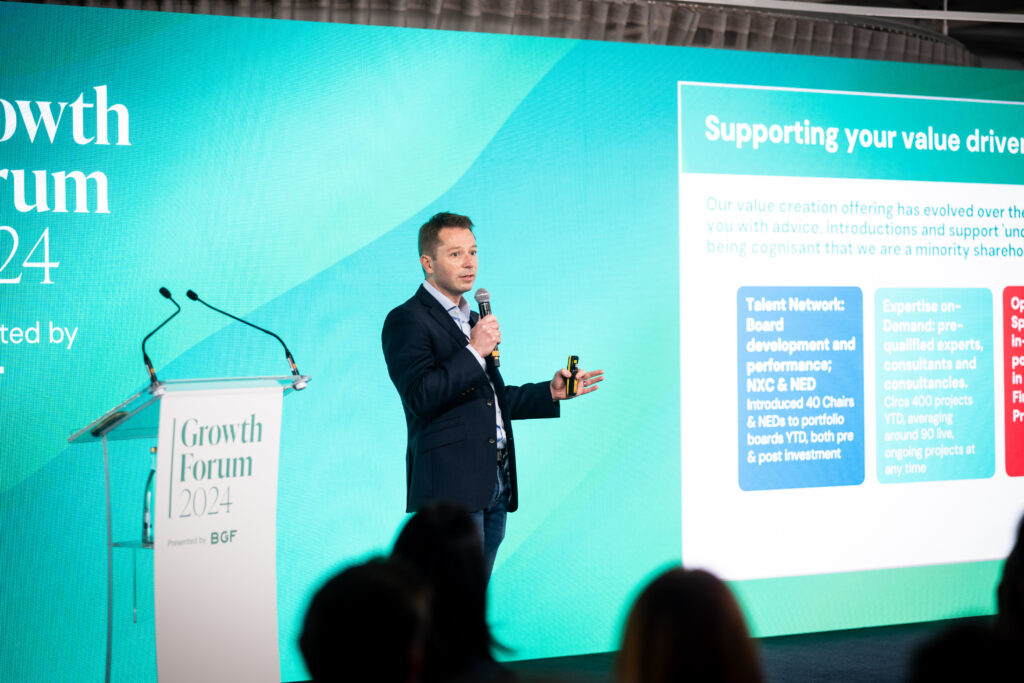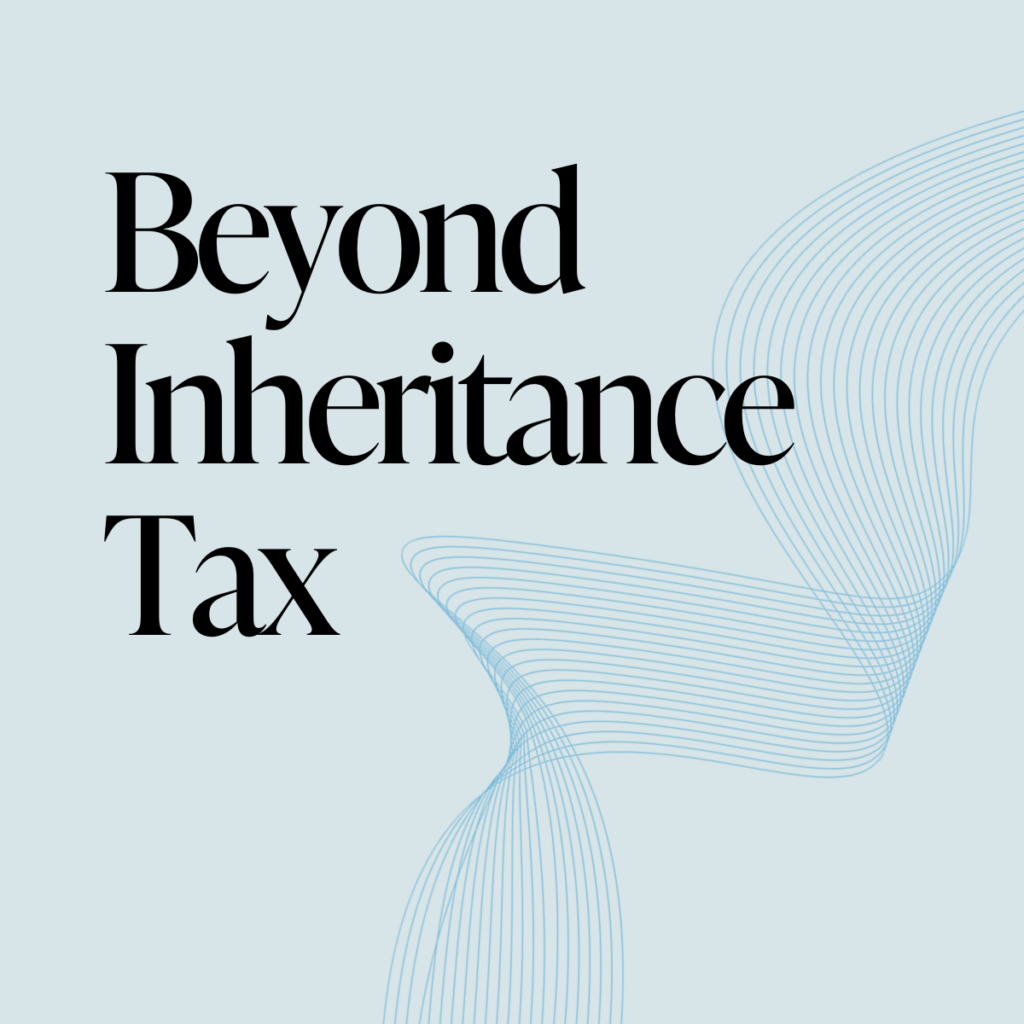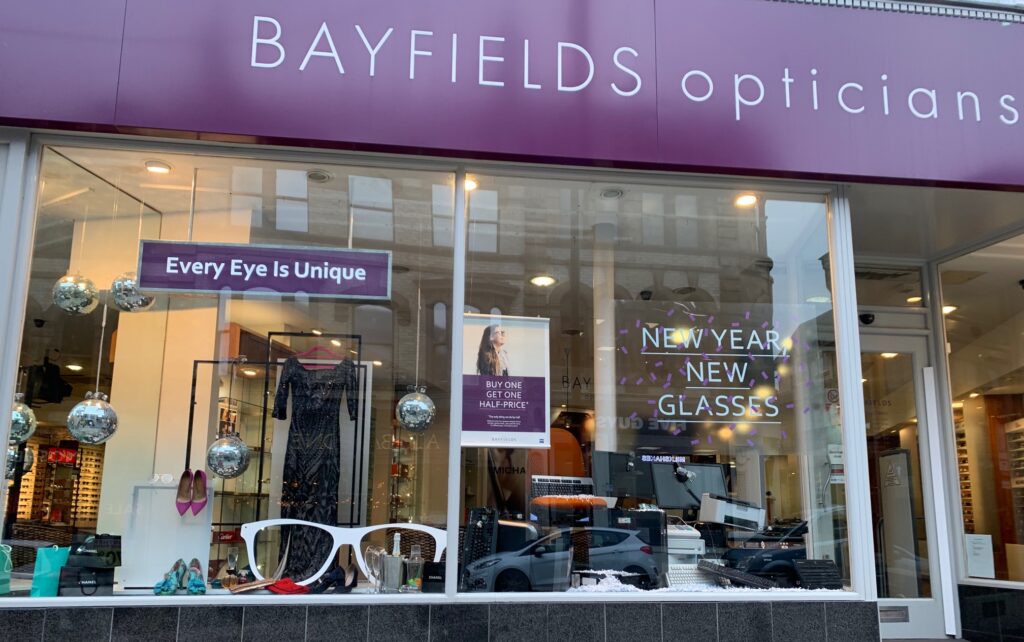How Herefordshire’s Chase Distillery grabbed the attention of Diageo
Three years on from our investment, the family-owned distillery business was successfully acquired by a multinational drinks giant.

Chase Distillery, a family-owned Herefordshire business that makes spirits such as vodka and gin, received funding from BGF’s Midlands team in 2017. In 2020, the company was acquired by multinational drinks giant Diageo after a period of significant growth. Andrew Carter, managing director of Chase Distillery, explains the journey.
What’s the story behind Chase Distillery?
The brand was founded by William Chase in 2008. Almost ten years later, the business reached an exciting crossroads where the gin market really started to hit a tipping point and there was significant opportunity for expansion.
BGF came onboard in September 2017 as a minority investor. We focused the investment on the development of the distillery, increasing the workforce and building the scale of marketing around the brand.
Our vision was to champion making spirits from scratch from our farm in Herefordshire. We put more marketing investment behind amplifying that story, together with the launch of new products, including flavoured gin.
How did you use BGF’s funding?
I joined Chase after the BGF investment, and my initial focus was to put in place the strategy to deliver our vision around step-changing the growth of our field-to-bottle spirits. The business and commercial strategy was simply created and put down on one whiteboard and a piece of paper!
The first strategy was to build the scale of distribution by growing on-trade (pubs, bars and restaurants) from 7,000 outlets to 15,000. We also grew our strong presence in top-end retailers, such as Waitrose and John Lewis, and developed distribution with the likes of Tesco and Amazon.
Second was to grow our brand awareness and desire. We appointed a creative agency for the first time, and developed a campaign that brought to life every aspect of the handcrafted spirit from the field-to-bottle story.
How did events feature in your marketing strategy?
We had always invested in local food festivals, but we expanded our presence through our partnership with Pub in the Park, the biggest food and music festival tour in the UK.
We stepped up our marketing investment to 30% of our sales value; ultimately, BGF’s investment and mindset enabled us to do that. Launching the new advertising at the premiere of Rocketman, at the Electric Cinema in Notting Hill, was a great moment for the team.
We also relaunched Rock the Farm, our festival for the drinks industry, featuring everything from the culmination of our worldwide cocktails competition, to masterclasses and experiences. The event enabled us to engage with the on-trade sector in a unique way.
How did international growth feature in your plans?
We took the brand to over 48 countries internationally, underpinned by a number of global travel retail distribution wins. Most of our growth is still fuelled by the UK, with 80% of sales generated here; however, international business flourished, and it provided us with a shop window, through our presence at Heathrow, Singapore, Hong Kong and Dubai airports. It’s not just about the British consumer traveller, but tapping into the international market as well.
What else did you invest in?
We invested in the development of our distillery to ensure we produce our field-to-bottle spirits in the most sustainable way. We also built the size of our team to expand our sales coverage, developing our direct-to-consumer online business, and growing our UK visitor experience, with over 10,000 consumers visiting our site in 2019.
What value did BGF bring as an investment partner?
As an entrepreneurial family business, the biggest value that BGF’s investment gave us was the team’s ability to bring a different dynamic to the board table, which helped to bring a greater balance around business decision-making.
Through BGF’s portfolio of companies and its wider network, we were introduced to other complementary businesses, opening the door to potential commercial partnerships, such as that with Thai restaurant chain Giggling Squid.
How did the acquisition by Diageo come about?
As a board we had developed a five-year plan to grow the business before considering future investment options, but we started to have a number of bigger spirits companies take an interest in us, so we naturally began to consider the range of possible options.
We had overdelivered against our original business targets and were reviewing the next stage of expansion, so the timing was perfect. In addition, the gin market was buoyant, and our brand was in a strong position, in terms of the premium crafted segment. All the consumer and market trends were coming together in harmony, making it the right time to explore an exit.
To take Chase Distillery to the next level, we decided to go into a sales process to explore our options. We met with a number of companies and ultimately progressed with a sale to Diageo.
What is your ultimate ambition?
To take the Chase brand to more consumers and more occasions, continuing to invest in something which is quintessentially British. We are immensely proud that our high quality and crafted brands are made at our distillery in Herefordshire. In Diageo we have a great new owner to help make these ambitions a reality.
What did you learn from the sales process with Diageo?
Think deeply about what the buyer is looking for, and spend a major part of your time and focus investing in domestic expansion, as ultimately, most buyers will want a brand that has a strong presence in their homeland. Most importantly, focus on the brand and its customers.
Through due diligence, every stone gets unturned. It’s also important to ensure you have all of your business agreements and contracts in place and a strong set of health and safety processes and policies.
Finally, when reviewing buyers, think about the cultural and portfolio fit of your business to the buyer, to ensure that post-acquisition there is an exciting path to growth.





